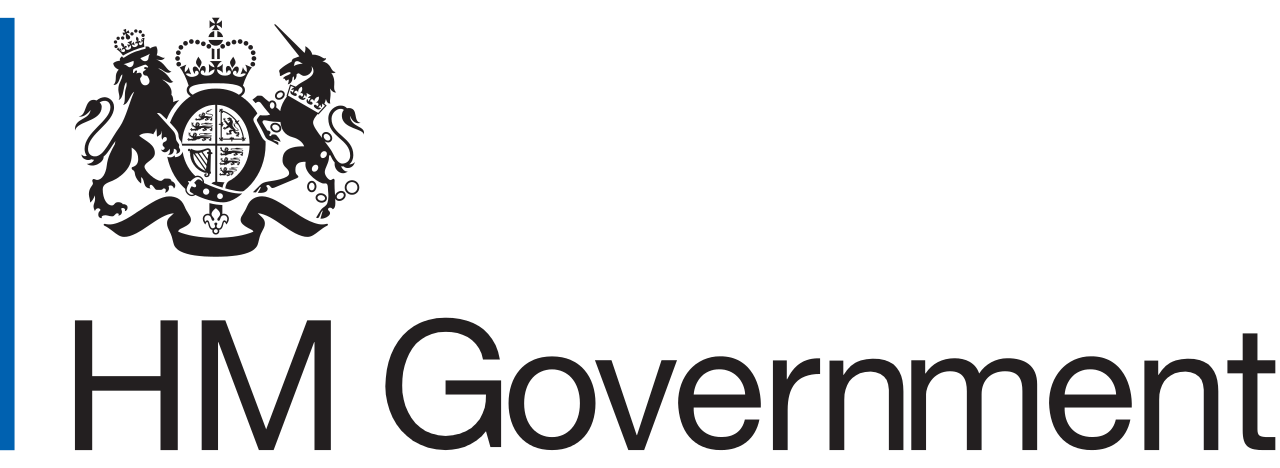The United Kingdom has historically played a leading role in developing parliamentary democracy and in advancing literature and science. At its zenith in the 19th century, the British Empire stretched over one-fourth of the earth's surface. The first half of the 20th century saw the UK's strength seriously depleted in two world wars and the Irish Republic's withdrawal from the union. The second half witnessed the dismantling of the Empire and the UK rebuilding itself into a modern and prosperous European nation. As one of five permanent members of the UN Security Council and a founding member of NATO and the Commonwealth, the UK pursues a global approach to foreign policy. The Scottish Parliament, the National Assembly for Wales, and the Northern Ireland Assembly were established in 1999. The latter was suspended until May 2007 due to wrangling over the peace process, but devolution was fully completed in March 2010.
The UK was an active member of the EU from 1973 to 2016, although it chose to remain outside the Economic and Monetary Union. However, frustrated by a remote bureaucracy in Brussels and massive migration into the country, UK citizens on 23 June 2016 narrowly voted to leave the EU. The so-called “Brexit” will take years to carry out but could be the signal for referenda in other EU countries where skepticism of EU membership benefits is strong.
Members:
Resources
Displaying 371 - 375 of 782Planning (Inquiry Procedure) Rules (Northern Ireland) 2015 (S.R. No. 189 of 2015).
These Rules make provision with respect to a public local inquiry to be held for the purpose of the section 231(1) of the Planning Act (Northern Ireland) 2011 regarding exercise of any of the functions of the Department of the Environment under that Act.
Planning (Management of Waste from Extractive Industries) Regulations (Northern Ireland) 2015 (S.R. No. 85 of 2015).
These Regulations transpose Directive 2006/21/EC of the European Parliament and of the Council on the management of waste from extractive industries and provides that planning permission for the management of extractive waste cannot be granted unless a waste management plan is approved by thedistrict council under these Regulations and provides that such permissions which involve waste facilities will be subject to conditions as set out in these Regulations.
Planning (Trees) Regulations (Northern Ireland) 2015 (S.R. No. 84 of 2015).
These Regulations provide for the protection of trees. The Department of the Environment may make tree preservation orders. An Order shall be in the form set out in the Schedule and these Regulations prescribe the procedure for their making, modification, confirmation and revocation. As a rule, the consent of a district council is required before any tree protected by the order may be cut down, topped, lopped, uprooted, damaged or destroyed. The Regulations also make special provision in relation to trees in conservation areas.
Planning (Conservation Areas) (Demolition) Regulations (Northern Ireland) 2015 (S.R. No. 107 of 2015).
These Regulations provide the necessary procedures for the obtaining of conservation area consent for the demolition in a conservation area of a building which is neither a listed building nor an ecclesiastical building nor a building guarded, protected or scheduled under the Historic Monuments and Archaeological Objects (Northern Ireland) Order 1995. Applications for consent shall be made to the district council but a decision concerning consent shall be made by the district council or the Department of the Environment.
Planning (Development Management) Regulations (Northern Ireland) 2015 (S.R. No. 71 of 2015).
These Regulations make provision for the new development management processes for determining planning applications. In doing so, they put in place the regulatory framework required to implement the development management provisions in Part 3 of the Planning Act (Northern Ireland) 2011.


